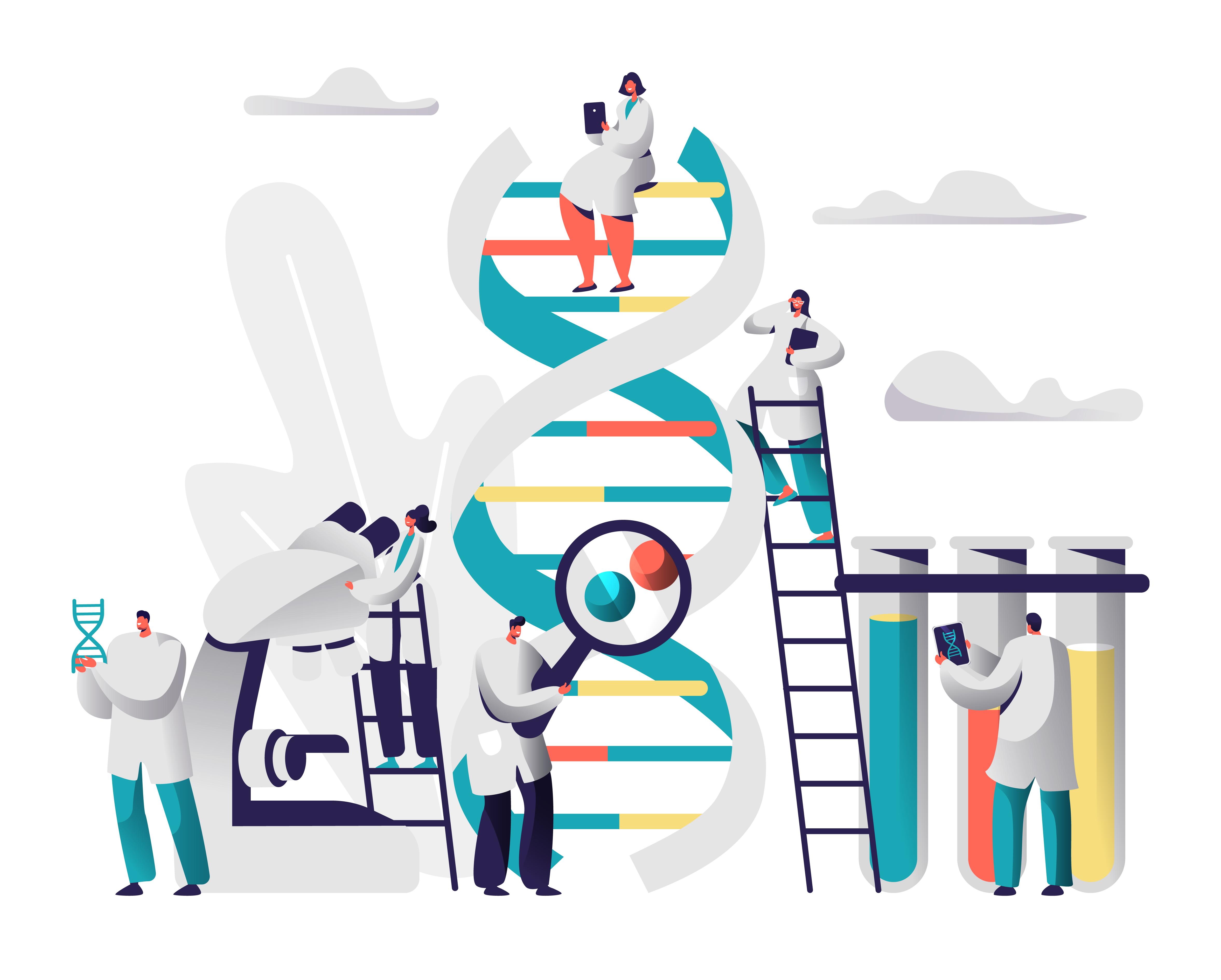The gene-therapy revolution risks stalling if we don’t talk about drug pricing
By Editorial,
Nature
| 04. 25. 2023
“We wish to suggest a structure for the salt of deoxyribose nucleic acid (D.N.A.),” wrote James Watson and Francis Crick in this journal in 1953 (J. D. Watson and F. H. C. Crick Nature 171, 737–738; 1953). “This structure has novel features which are of considerable biological interest.”
In the 70 years since those famous words were published, researchers have poured huge effort into unravelling those features and harnessing them for medicine. The result is a flourishing understanding of the genetic causes of diseases — and a host of therapies designed to treat them.
Seventy years from now, the world might look back on 2023 as a landmark, as well. This year could see the first authorization of a therapy based on CRISPR–Cas9 gene editing, that involves tweaking the DNA in the body’s non-reproductive (somatic) cells. Gene editing allows scientists — and could soon permit clinicians — to make changes to targeted regions in the genome, potentially ‘correcting’ genes that cause disease. Regulators in the United States, the European Union and the United Kingdom are evaluating...
Related Articles
By Liyan Qi and Jonathan Cheng, The Wall Street Journal | 03.26.2025
photo via Wikimedia Commons licensed under CC by 3.0
Chinese scientist He Jiankui set off global outrage and landed in prison after he skirted ethical guidelines and claimed he had produced genetically modified babies designed to resist HIV infection.
Now, the self-styled ...
By Anna Louie Sussman, The New York Times | 03.25.2025
On June 24, 2022, the same day the Supreme Court issued its decision in Dobbs v. Jackson Women’s Health Organization, I received a call from the fertility clinic where I’d been undergoing in vitro fertilization, informing me that seven of...
By Michael Gibney, PharmaVoice | 03.20.2025
The death this week of a teenager receiving Sarepta Therapeutics’ gene therapy Elevidys for Duchenne muscular dystrophy is a tragic reminder of the stakes involved in cutting-edge biotech innovation.
While gene therapies like Sarepta’s offer an opportunity to treat and...
By Staff, The Medicine Maker | 03.21.2025
"The Promise and Peril of CRISPR" cover by Johns Hopkins University Press
As a paediatrician taking care of children with sickle cell disease, Neal Baer, a Harvard Medical School graduate, was in awe of the power of CRISPR technologies. Later...




